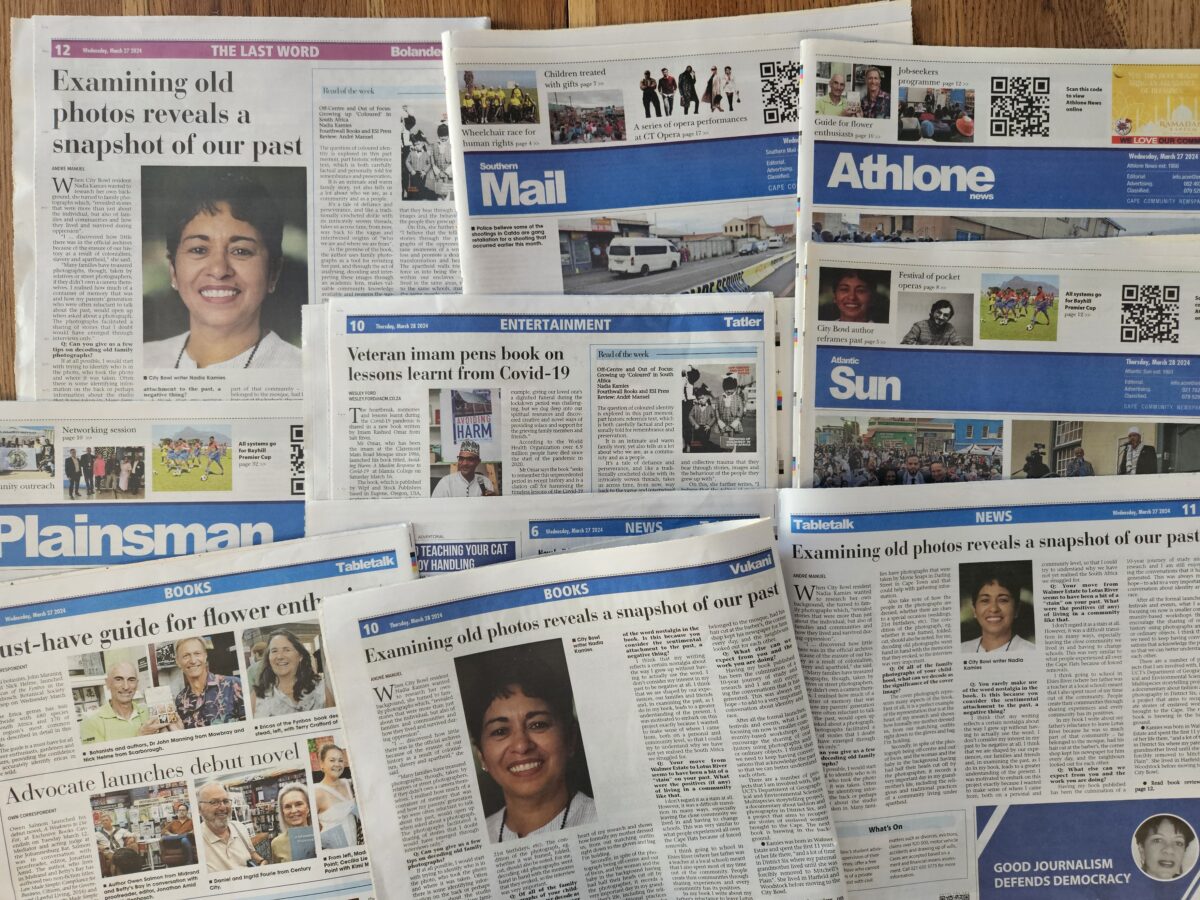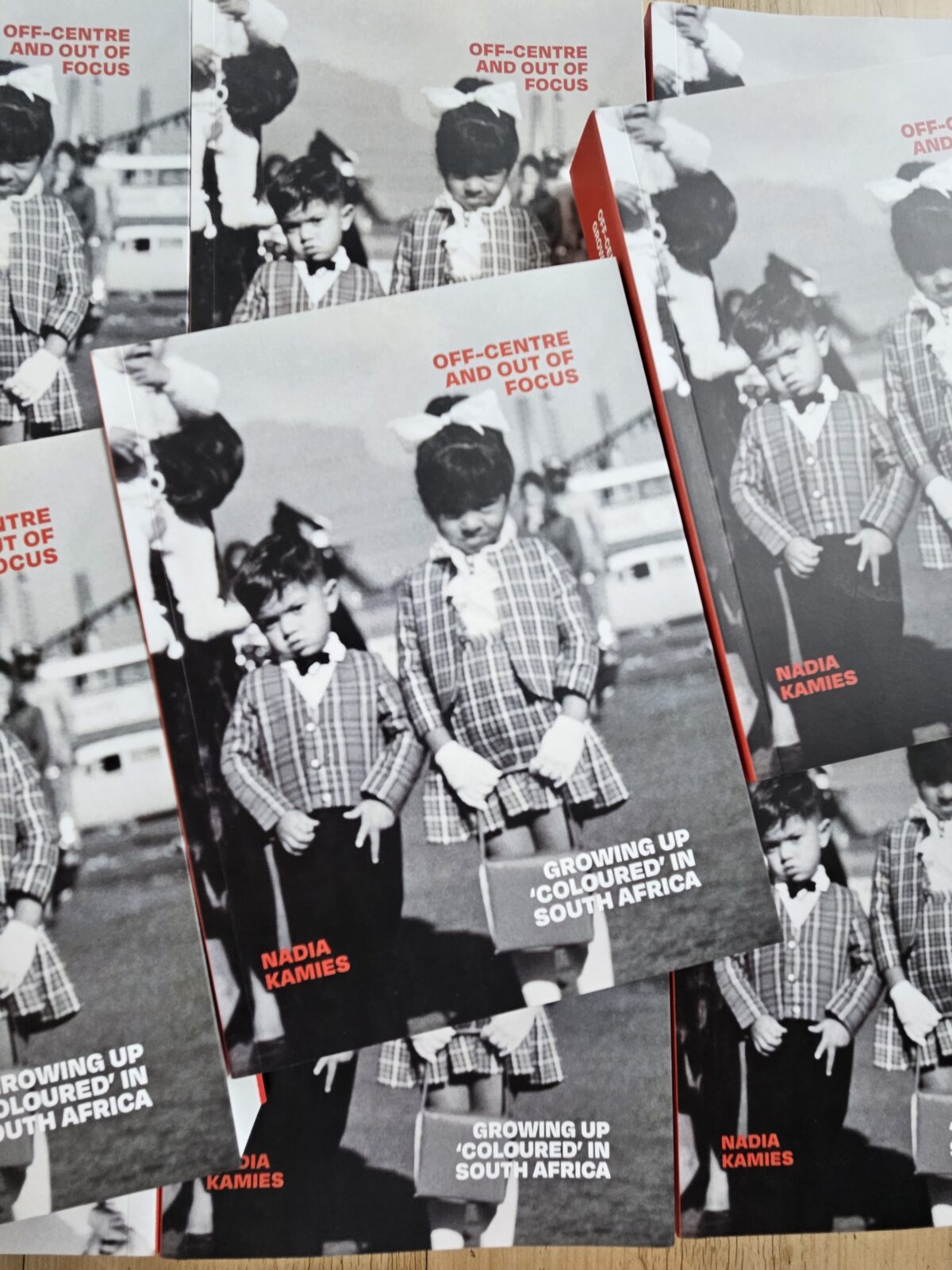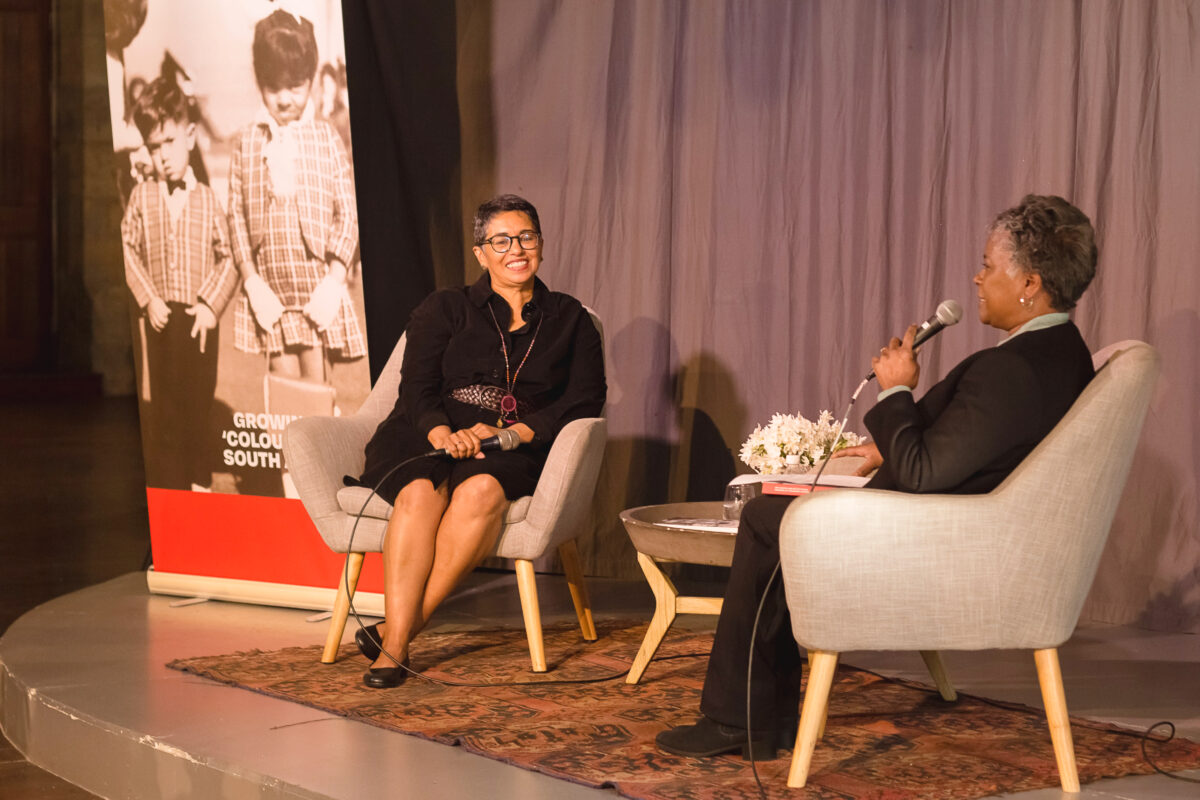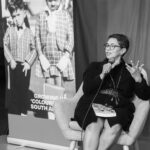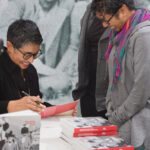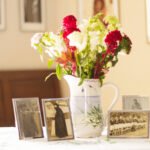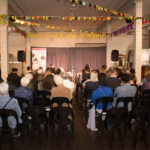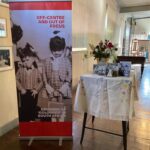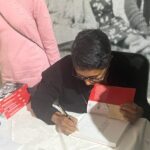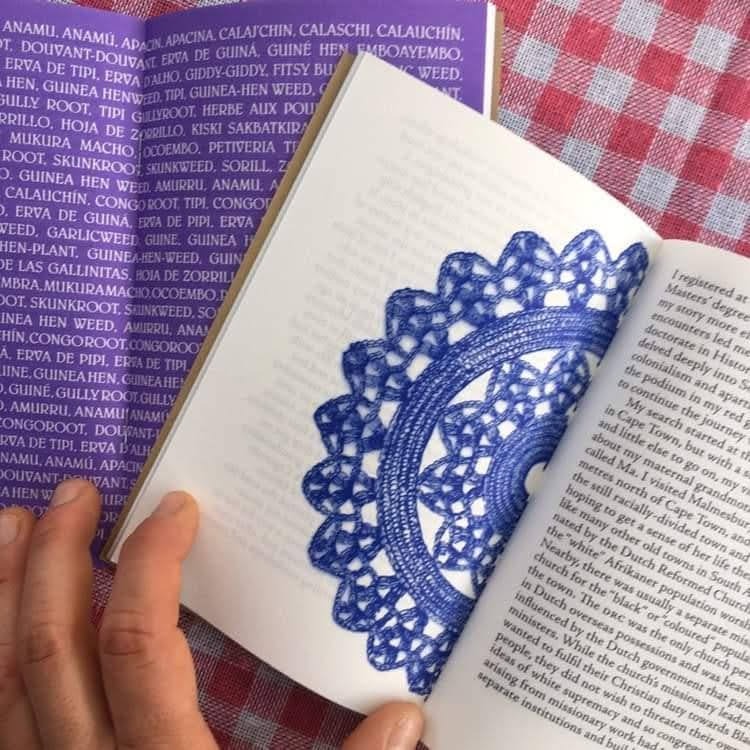by Wendy Morris and Nadia Kamies
In Taati Niilenge’s Walvis Bay: Our Story (2024) Nangula Shikujele remembers the 1960s in Kuisebmond when fish were plentiful and fishers returning from sea would bring fish for the entire community. The neighbourhood would smell of fish, Shikujele remembered. She told Niilenge that descendants of the Old Location and early Kuisebmond (to which people were forcibly displaced in the 1950s) were known for their fish cleaning and cooking skills and for the preparation of a favourite dish, ‘Kerrievis’, that they learned from their mothers.
John Miller arrived in 1964 from Cape Town as a young fisherman and lived in Narraville’s ‘Hou jou bek’ vicinity. He remembers that most fisher families came from Cape Town. Prior to the forced displacements of residents from Old Location to either Kuisebmond or Narraville, depending on apartheid racial classification, people from all parts of the country, and from the Cape, lived together and shared culinary traditions.
Kerrievis, or Pickled Fish as it is also known, is a dish that entangles histories of forced migrations and travelling women. Pickling with brine can be traced to Dutch traditions of preserving food and was brought to the Cape of Good Hope in the 17th century by that company of Companies, the Vereenigde Oostindische Compagnie or VOC, the company that traded people and political instability, spices and social death, extractions and executions.

The spices that make the kerrievis dish – turmeric, coriander, bay leaves, cumin, cinnamon, all spice and cloves – come from south-east Asia, and especially Indonesia, and their acquisition was at the very heart of the VOC enterprise. The women who knew and used these spices, and developed the dish as a pickled and curried fusion in the kitchens of the Cape colony in the 17th and 18th centuries, were enslaved women who had been trafficked across the Indian ocean by the VOC. It was generations of these women and their descendants who made this dish their own.
In a previous article on this website, An Archive of Food, (2020) I relate how both my Cape Town grandmothers (one Christian, one Muslim) prepared this dish. The process would start the week before Good Friday since there would be no fishing boats going out over the Easter weekend. Yellowtail, kabeljou or hake would have to be bought in advance, either from the market in Hanover Street, from the fish vendor who would sell his wares from the back of his bakkie (blowing his horn to alert the neighbourhood), or straight off the fishing boats at the harbour.
Enough fish was pickled to last all weekend. Making the dish in advance meant that the fish was able to absorb all the spices and the taste improved as the weekend progressed! This freed up time for my maternal grandmother to go to the long church services held over Easter weekend, since she didn’t have to cook. Abstaining from eating meat on Good Friday was also in keeping with many Christian traditions. Muslim families would take advantage of the time to go on picnics, usually to visit kramats, with an ample supply of pickled fish and bread as padkos. There were no restaurants to stop at along the way since they would all have been designated “for whites only”. Well-preserved with vinegar and spices and eaten cold, pickled fish was the perfect road food. Coming across this tradition in Walvis Bay, Namibia, speaks to the interconnectedness of its history with Cape Town. Walvis Bay became part of the British Cape Colony in 1878 and would be under South African control until 1994. Ruth Smith whose family came to Walvis Bay when she was a child (Walvis Bay: Our Story), also recalls that most fishermen came from South Africa. They would go out on small wooden boats or worked as supervisors in the fishing factories.
Coming across this tradition in Walvis Bay, Namibia, speaks to the interconnectedness of its history with Cape Town. Walvis Bay became part of the British Cape Colony in 1878 and would be under South African control until 1994. Ruth Smith whose family came to Walvis Bay when she was a child (Walvis Bay: Our Story), also recalls that most fishermen came from South Africa. They would go out on small wooden boats or worked as supervisors in the fishing factories.
This dish that has its roots in the Cape, speaks not only to the porousness of borders but also to shared histories of migration, colonialism, apartheid and forced practices. It is no coincidence that as I join Wendy on her journey of return, we should find commonality through a shared practice such as this. As we shopped for ingredients in Lüderitz, stitched aprons with fabric bought from a shop in Walvis Bay, and filmed ourselves, now in the village of Aus, preparing the spicy onion-rich pickling sauce from traditional recipes, we bore witness to another practice of freedom that reinforces the humanity of the oppressed in defiance of the attempts to erase their history.
Aus, Namibia
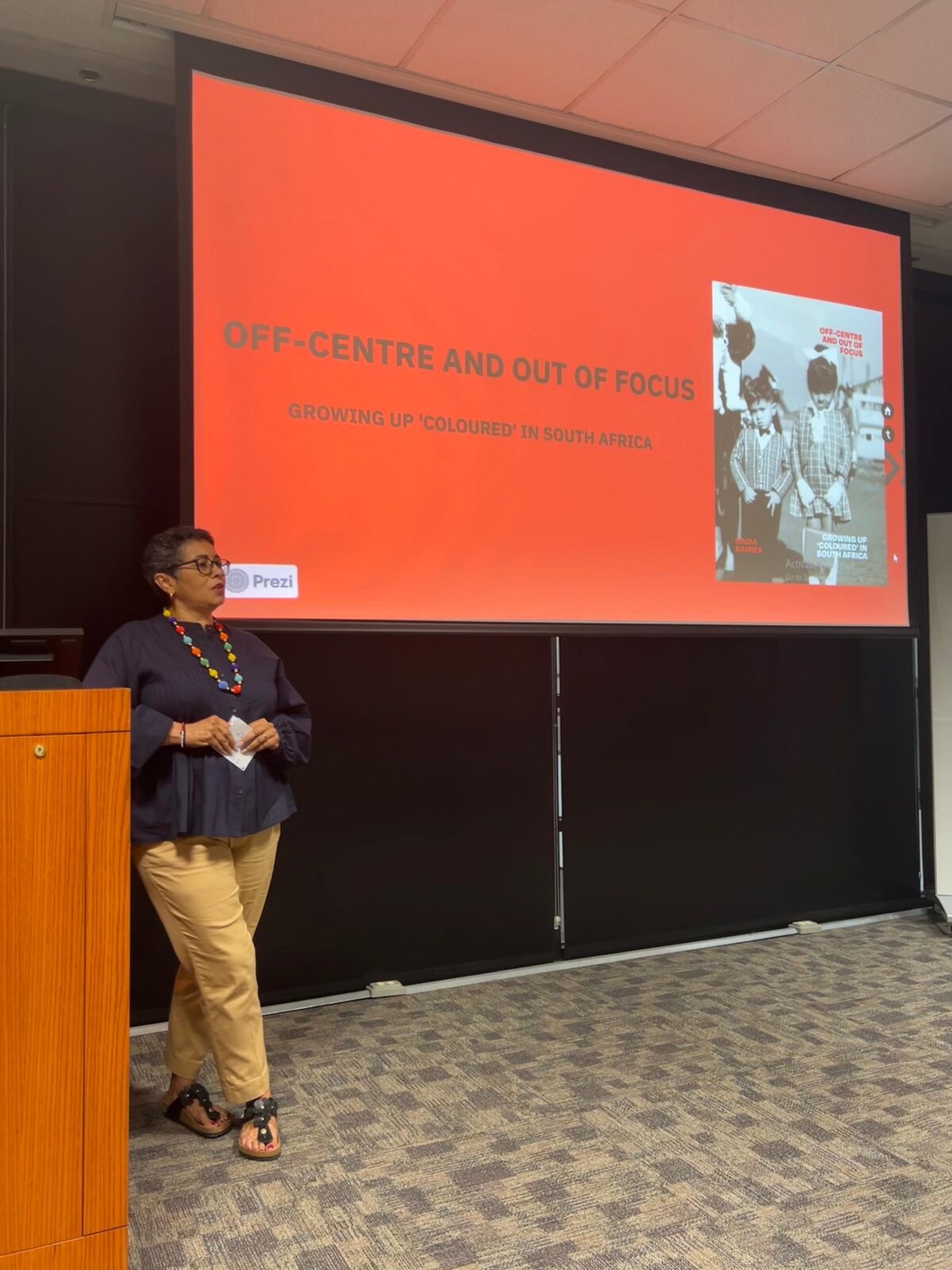


 Coming across this tradition in Walvis Bay, Namibia, speaks to the interconnectedness of its history with Cape Town. Walvis Bay became part of the British Cape Colony in 1878 and would be under South African control until 1994. Ruth Smith whose family came to Walvis Bay when she was a child (Walvis Bay: Our Story), also recalls that most fishermen came from South Africa. They would go out on small wooden boats or worked as supervisors in the fishing factories.
Coming across this tradition in Walvis Bay, Namibia, speaks to the interconnectedness of its history with Cape Town. Walvis Bay became part of the British Cape Colony in 1878 and would be under South African control until 1994. Ruth Smith whose family came to Walvis Bay when she was a child (Walvis Bay: Our Story), also recalls that most fishermen came from South Africa. They would go out on small wooden boats or worked as supervisors in the fishing factories.
